Keywords: Human Rights Day
There are more than 200 results, only the first 200 are displayed here.
-
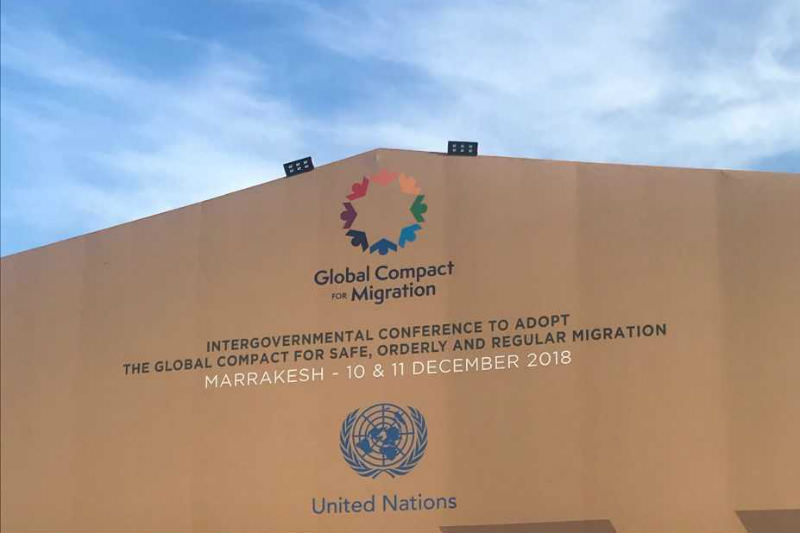
INTERNATIONAL
- Carolina Gottardo
- 19 December 2018
4 Comments
To abandon the GCM is a loss for all migrant women, men and children affected by human mobility, and creates a strong signal that Australia no longer deems multilateralism as an appropriate approach to global challenges.
READ MORE 
-
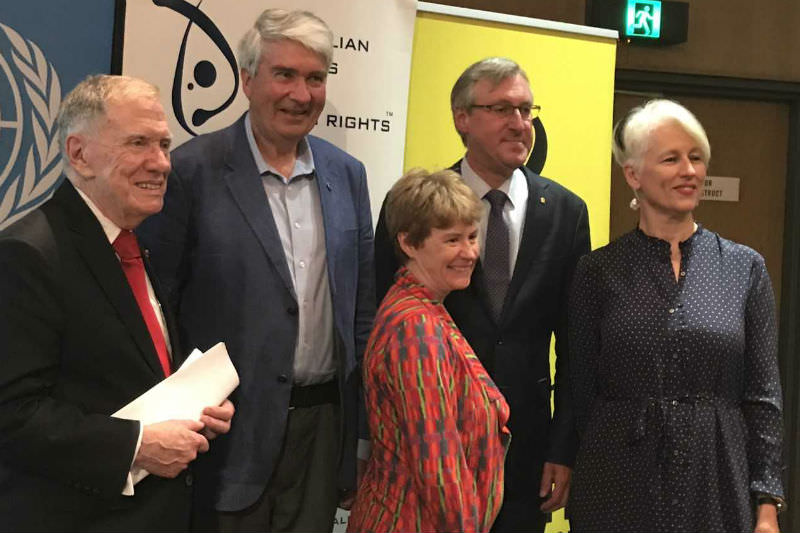
AUSTRALIA
- Frank Brennan
- 17 December 2018
15 Comments
Let's hope all members of parliament can agree to the insertion of such a clause in the legislation providing assurance to religious educators that they can continue to teach their doctrine in good faith while assuring all students and their families that they will not suffer any detriment while sitting at the feet of religious educators.
READ MORE 
-
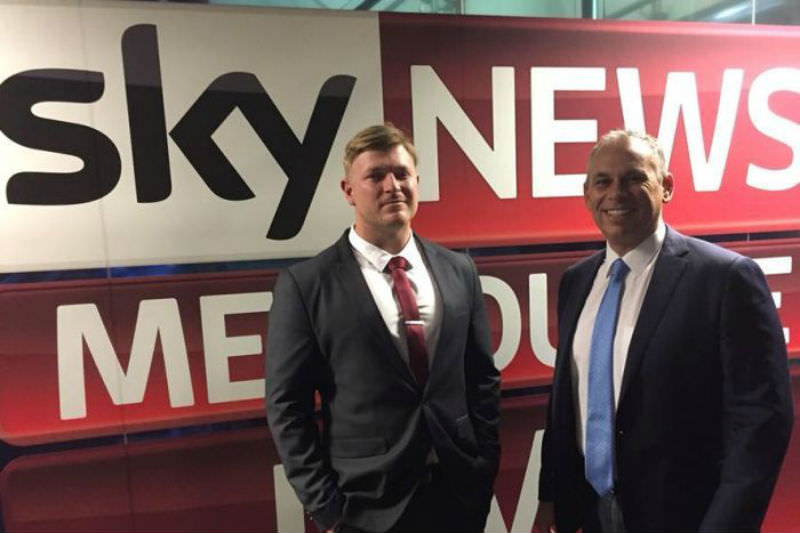
AUSTRALIA
- Joshua Badge
- 27 November 2018
2 Comments
Far-right extremists are savvy political actors. They know openly discussing their beliefs risks running afoul of anti-discrimination laws. Because of this, they have mastered how to speak in the negative and convey meaning through allusion.
READ MORE 
-

AUSTRALIA
- Fiona Murphy
- 27 November 2018
6 Comments
Most people don't realise that I am deaf unless I tell them. My deafness is invisible. I don't wear hearing aids and my voice (though distinct enough to prompt people to ask 'where are you from?') isn't a typical deaf voice. Every day I make small calculations, assessing every interaction to determine if I need to reveal that I have a disability.
READ MORE 
-
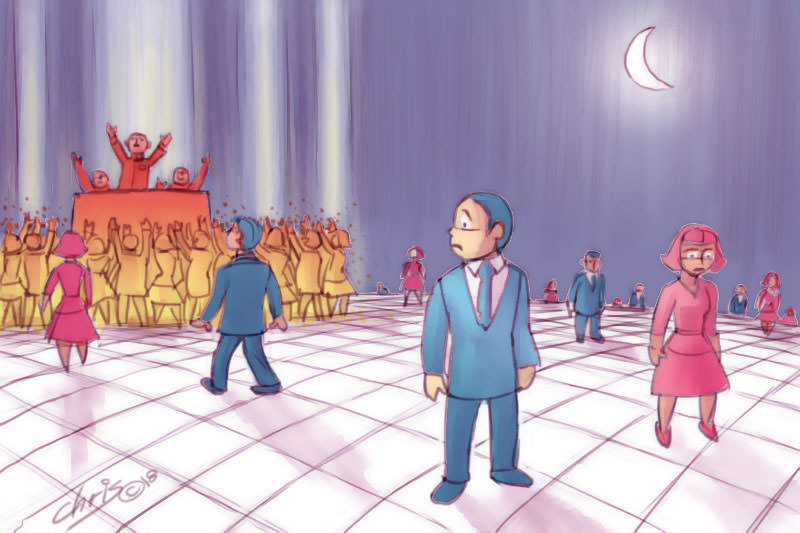
INTERNATIONAL
- Tim Robertson
- 19 November 2018
14 Comments
Loneliness is framed in a quintessentially liberal way: as a health-related issue affecting individuals. But loneliness is a by-product of the liberal social order; by elevating the market above all else and reducing notions of freedom to individual rights, notions of value are now boiled down to crude forms of economic reductionism.
READ MORE 
-

MEDIA
- Celeste Liddle
- 08 October 2018
8 Comments
Most of the requests wanted my slant on the racist cartoon, the blackface incident or the girl who wouldn't stand for the anthem. They weren't interested in delving into the systemic issues which led to most of those other situations. Most wanted Aboriginal opinion for the purposes of producing clickbait.
READ MORE 
-

AUSTRALIA
- Neve Mahoney
- 04 October 2018
12 Comments
Tone policing describes when someone from a minority group expresses thoughts on oppression, but a person dismisses the content of their opinion in favour of commenting on how they said it. Anger in particular is tone policed. While men are encouraged to express their anger, women are socialised to feel like they can't be angry at all.
READ MORE 
-
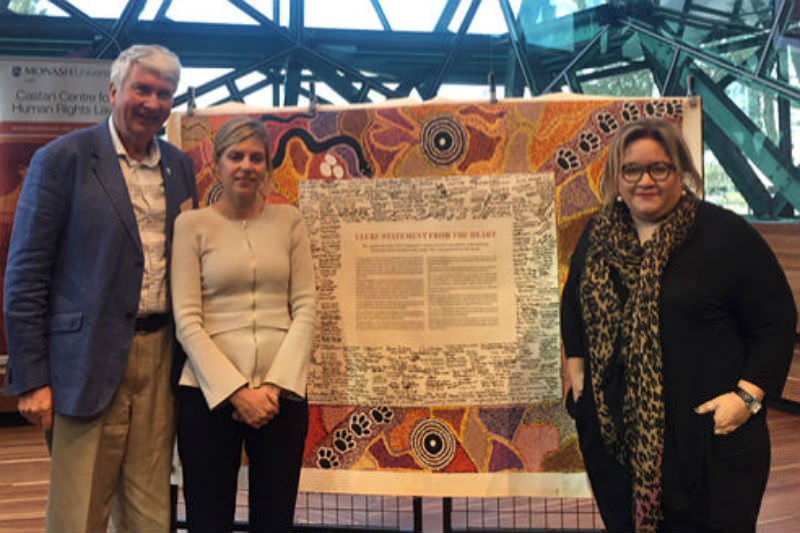
AUSTRALIA
- Frank Brennan
- 01 October 2018
3 Comments
Frank Brennan's keynote address to the National Aboriginal and Torres Strait Islander Catholic Council Assembly entitled: 'Strong Faith. Strong Youth. Strong Future — Walking Together in a movement of the Australian people for a better future'. 1 October 2018, Technology Park — Bentley, Perth
READ MORE
-
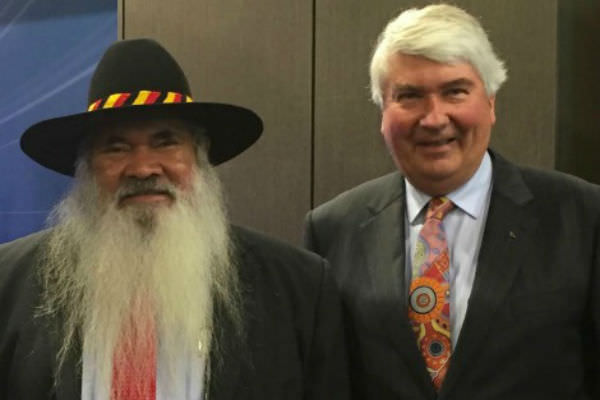
RELIGION
- Frank Brennan
- 10 September 2018
As leaders like Gough Whitlam and Patrick Dodson have attested, if we are to imagine and strive towards New Horizons for Justice and Solidarity, we need conviction, perseverance, capacity for compromise, relationships of trust, humour.
READ MORE
-
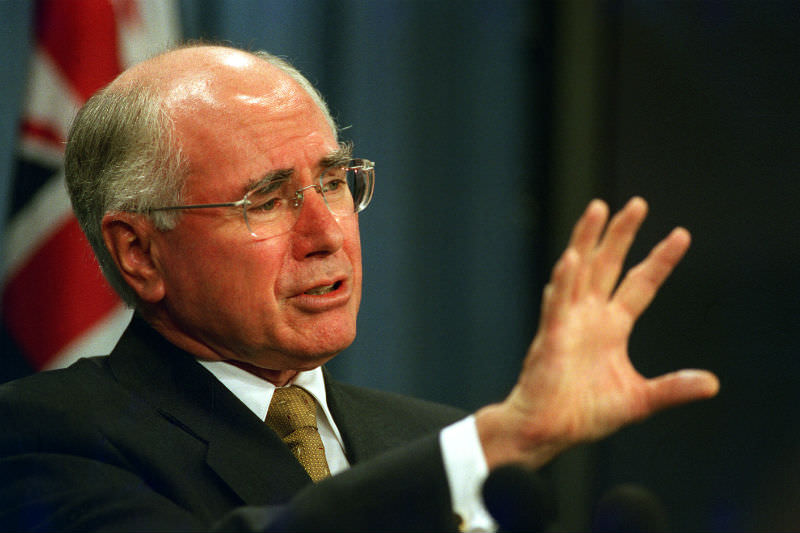
AUSTRALIA
- Celeste Liddle
- 28 August 2018
9 Comments
We have gotten so used to a revolving door of political leaders that the prospect of a leadership challenge each time things get a little hot has become normalised. I never thought I would say this, but as an Aboriginal feminist with hard-left personal politics, last week I almost found myself viewing the Howard years in a favourable light.
READ MORE 
-
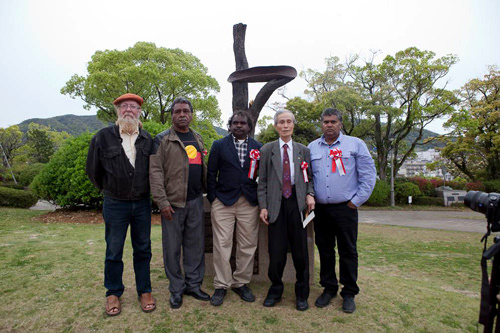
RELIGION
- Frank Brennan
- 06 August 2018
How are we to honour the commitment to peace of these Japanese and Maralinga survivors of nuclear conflagrations unleashed maliciously or negligently last century? We need to renew our commitment to painstaking negotiation of international treaties and agreements designed to ensure peace and security for all, insisting on the dignity and human rights of all.
READ MORE
-

ENVIRONMENT
- Cristy Clark
- 02 August 2018
2 Comments
It is all too easy to make daily choices that negatively affect the environment, and there are many incentives for us to do so — cost, time, social norms. This is where policies like plastic bag bans come in — they change the incentives and not only help us to do the right thing but also to normalise it within our culture.
READ MORE 